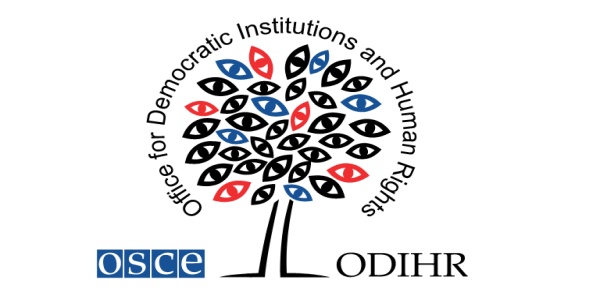Points worth noting in the Estonia i-voting report
Richard Pryor would really LOVE online voting.

Back in 2019, the OSCE Office for Democratic Institutions and Human Rights (ODIHR) deployed an Election Expert Team (EET) to observe the 3 March parliamentary elections in Estonia. That team focused its assessment on the work of the election administration, the implementation of Internet voting, and the participation of national minorities in the electoral process. The final report, published in June 2019, contains some considerations and recommendations that anybody who still thinks online voting in actual political elections makes sense consider carefully:
- The broad acceptance and high confidence in Internet voting are rooted in the widespread use of digital identity for e-banking and digital contracts
- In line with earlier ODIHR recommendations, since 2015, the State Electoral Office (SEO) has successfully mitigated several risks related to the Internet voting system (referred to as “IVXV”) by strengthening the integrity and secrecy properties through technical and operational means.
- Significant risks that may negatively affect public confidence in Internet voting include cyber-attack allegations from disinformation campaigns or human error.
Let’s look at those three points about online voting
The first assertion above is the consequence of a problem: too many people wrongly assume that online voting and e-banking have similar characteristics, making frauds equally easy to detect in both cases. This is wrong.
Tampering with online voting would be just like the salami slicing by Richard Pryor in “Superman III”:

Just much, much, much harder to detect. See “Voting is not payments” and “Frauds? Which frauds?” here.
As far as the second point is concerned, “strengthening the integrity and secrecy properties through technical and operational means” does ZERO absolutely ZERO to make online voting less vulnerable to the problems described in “ANY remote voting is stupid” here.
Finally, at least for this and another one or two generations, humans will be humans who, no matter how much online voting information you throw at them, will not trust online voting simply because it’s a black box infinitely harder to understand and trust than making crosses on paper and then counting them. There are countless proofs of this, but the first part of this post about the 2020 Georgia runoff will be hopefully enough to make that point clear.
Just say NO to online voting for real political elections. Period.
Who writes this, why, and how to help
I am Marco Fioretti, tech writer and aspiring polymath doing human-digital research and popularization.
I do it because YOUR civil rights and the quality of YOUR life depend every year more on how software is used AROUND you.
To this end, I have already shared more than a million words on this blog, without any paywall or user tracking, and am sharing the next million through a newsletter, also without any paywall.
The more direct support I get, the more I can continue to inform for free parents, teachers, decision makers, and everybody else who should know more stuff like this. You can support me with paid subscriptions to my newsletter, donations via PayPal (mfioretti@nexaima.net) or LiberaPay, or in any of the other ways listed here.THANKS for your support!